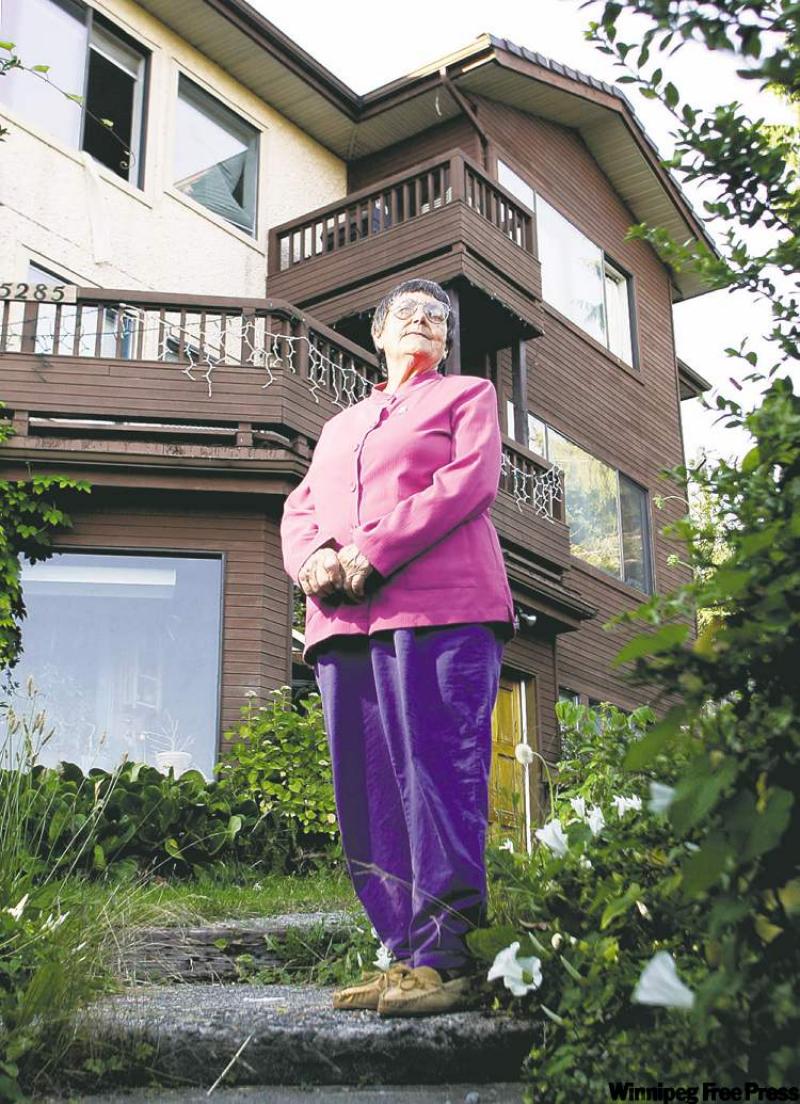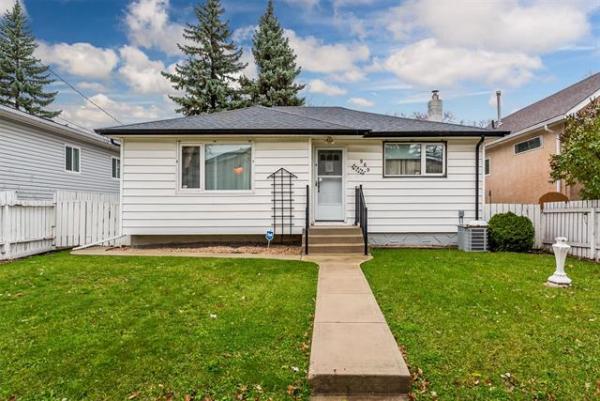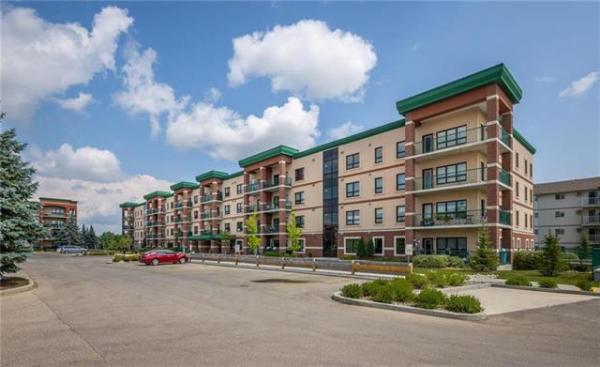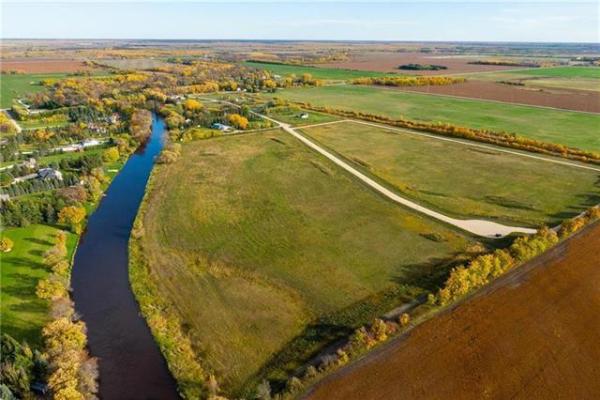
Even in the beleaguered American housing market, there is one segment of the population in which home ownership rates continue to rise, and that's the over 65s.
According to numbers released by the U.S. Census Bureau, home ownership among seniors is holding up, whereas rates are down among all other age groups, compared with five years ago.
For seniors in Canada looking to buy property, whether it is a principal residence or a vacation home, there are a number of financial, tax and estate planning elements to consider. The fact that you are now retired means some of these concerns are rather more immediate than when you had the financial support of a regular salary.
As with all money-related decisions, financial advisers recommend you have a plan.
"Is this purchase of a property in their retirement plans?" asks Brian Hamil at Edward Jones in Toronto. "(Do) they (have) cash or investments available to finance that?"
Lois Volk, a mortgage broker with Invis in Toronto, says lenders are not supposed to discriminate on the basis of age.
"Seniors have to meet the normal down payment and income requirements," says Volk. "Usually seniors do have substantial down payments if they're purchasing property. The ones that are buying homes usually do have reasonable income from pensions."
Financial planners are cautious when it comes to debt in retirement.
"Am I going to want to be paying on a mortgage in 10 years? If (the answer is no), maybe (I should) reconsider getting that mortgage or going through the transaction," says Myron Knodel, a tax and financial planning expert at Investors Group.
"You don't want to be in a situation where you don't have the money to make the mortgage payments."
Another option is for seniors to remain in their existing home and release some of the equity they have built up in it through a reverse mortgage.
"It allows people to take equity out of their home without having to qualify," says Volk. "(Lenders) limit it to 50 per cent loan-to-value and set it up over a longer period of time so that the loan itself is actually making the mortgage payments."
Hamil says that for most Canadians, this is not recommended.
"As a firm, (Edward Jones) would prefer that if a client needs to raise the cash, it's likely that downsizing not only provides them with access to cash but it also reduces some of the ongoing maintenance expenses of a larger home," says Hamil.
If the home that was sold when downsizing was a principal residence, the capital gain would be tax exempt. The cash difference remaining after the sale should be invested to generate income for retirement -- but there will be new tax considerations.
"A well-diversified portfolio that would provide them with various types of income may experience different types of taxation, i.e. for capital gains or dividends," says Hamil. "They want to work to ensure they have a well-diversified portfolio that takes advantage of all those different types of income streams... to provide them with the retirement they were looking for."
For seniors looking to buy a second home, practical considerations such as being away from family for lengthy periods of time and easy access to doctors and other services from the second property go hand in hand with financial considerations.
"It's easy to get excited about having a vacation property, but it is one long-term investment," Hamil says.
"Putting all of that cash resource into one asset, especially one that is not necessarily going to generate an income flow for you while you're living in retirement, can be a real concern. If you haven't planned for that and suddenly you're taking $200,000, $300,000, $400,000 out of your retirement plan... that can have a very substantial impact on your ability to achieve your other retirement goals that you may have been planning for the last 20, 30 years.
-- Postmedia News



